MOBILISING DOMESTIC CAPITAL TO DRIVE CLIMATE-POSITIVE GROWTH
Action Agenda
This report from Systemiq’s Blended Finance Taskforce and FSD Africa shows that scaling domestic investment for climate will be critical to tackle the $1.8 trillion financing gap each year for climate in Emerging Markets and Developing Economies (EMDEs). It estimates that there is around $17 trillion of domestic private capital under management in EMDEs, which could triple to $45 trillion by 2040.
Emerging Markets and Developing Economies (EMDEs) are home to some of the best climate investment opportunities in the world. Mobilising domestic capital into these opportunities is key to driving sustainable and inclusive growth. Technology tipping points are increasingly making climate-positive solutions in EMDEs commercially attractive. Domestic investors should have privileged access to these investment opportunities.
With an estimated ~$17 trillion under management in EMDEs that could triple to ~$45 trillion, mobilising domestic capital is a priority for climate action. Most of the capital currently financing climate activities in EMDEs comes from international sources, with real barriers to scale. Meanwhile, less than 1% comes from the domestic private sector. Domestic capital could triple to $45 trillion by 2040 with the right set op actions and collaboration between stakeholders. At this growth rate, mobilising just 20% of this domestic capital could halve the annual $1.8 trillion climate finance gap in EMDEs. This could create a virtuous cycle of growth, helping create jobs, build economic resilience, deepen local financial markets and tackle debt burdens.
Developing action plans across three levers could create a virtuous cycle of growth, helping create jobs, build economic resilience, deepen local financial markets and tackle debt burdens. The report lays out a plan for coordinated action to help mobilise domestic capital for climate action in EMDEs. It calls on multilateral development banks, regulators, governments and the private sector to do three things:
1. Grow the pipeline of climate-positive assets – by laying out national investment plans for climate positive growth (as has been done by Brazil with its Ecological Transformation Plan, in Namibia with its green hydrogen economy strategy and in Bangladesh with its Climate Prosperity Plan) and building capacity with domestic investors around climate-relevant asset classes, especially infrastructure.
2. Deepen financial markets – focusing on increasing size and liquidity and ensuring the enabling environment is supportive is key. Often, geography, liquidity or asset class mandates prevent regional investment by domestic investors.
3. Design and deploy catalytic capital more effectively – including from multilateral development banks and donors. Less than 5% of development finance is in local currency and catalytic finance offerings which are designed to unlock private capital by tackling challenges like technology or counterparty risk are mostly focused on international investors. Scaling local currency offerings, replicating what is already working and ensuring international investors are more actively targeting solutions for domestic pension funds can immediately make an outsized difference.
The time to pursue this agenda is now. The widespread recognition of the imperative for climate action, coupled with growing investment opportunities, creates powerful momentum for co-ordinated action to successfully strengthen financial markets. Implementing this action agenda over the next 24 months could help capture significant opportunities for long-lasting climate-positive growth that creates jobs and help deliver the sustainable development goals.
We encourage input, case studies and suggestions to strengthen and progress this action agenda. Please reach out to [email protected] with any questions and thoughts.


